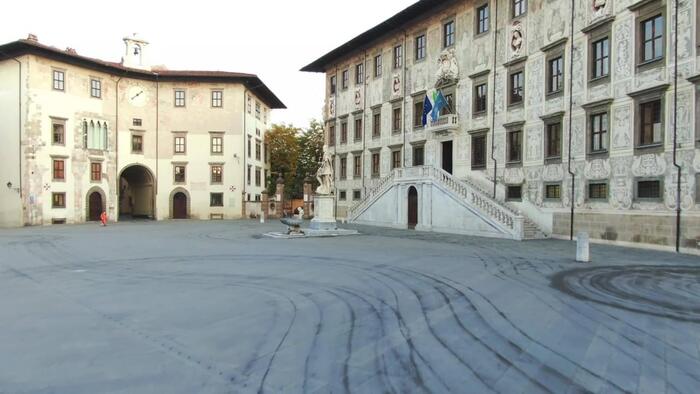The Reform of Córdoba of 1918 allowed the recovery of the concept of university autonomy, giving it a new meaning and giving it a continental scope, as a bastion of freedoms of world reference.
This milestone allowed us to take a leap in the quality of our educational, scientific and technological systems, making the university a space to safeguard critical thinking in the face of political power, the dogmatisms of faith or market pressures, as well as to contrast in a reasoned manner and based on the absolute truths that today are distributed in the format of fake news.
The idea of autonomy that makes up the very essence of universities, their identities, is why we see that in several countries its reference is incorporated into the name of the institutions, or in Argentina, that this principle, together with that of autarchy, is recognized in the national Constitution.
The time in which we live, in this self-proclaimed knowledge society, is an area in which universities are called to play an enormous role, generating, teaching and transferring knowledge, which is why Latin America and the Caribbean -the most inequitable region of the planet - must combat obscurantism in its various forms, institutional abuses, violence and methods of budgetary discipline.
Unfortunately, today we have to focus on this issue as our region, because in recent weeks we have experienced situations that affected the normal functioning of many houses of study and generated many claims and expressions of solidarity throughout the continent.
This is how in Mexico, we saw the actions of the Government of Jalisco by detaining students from the University Student Federation of the University of Guadalajara (UdeG), the insult to the autonomy of the Autonomous University of Sinaloa (UAS), received by the State, or the coercion and pressure that the prestigious National Autonomous University of Mexico (UNAM) repeatedly receives from the Federal Government.
We clearly see how governments, at various levels, distrust what they do not handle, that is why the freedoms of universities make them uncomfortable.
Due to the sad general situation in Peru, the University of San Marcos, the "Dean of America", was not exempt from violence, since it suffered a police invasion of its campus, by force, with the use of tanks.
This outrage culminated in the arrest of approximately 200 people.
In recent days, the incursion of the hitmen at the State University of Milagro, in Ecuador, where he lost the life of a student, forcing his authorities to rethink their activity in care and protection of their community.
For their part, the recent demonstrations by teachers in Venezuela in the face of the pressing salary and budgetary situation of these institutions, evidence a scenario of limitations where freedom is a chimera.
In Argentina, we see how a more secretive and opaque way of arbitrariness is present.
In a capitalism of friends, it is advisable to maintain a good relationship with the government in power to receive benefits, particularly in a budget framework in which practically 90% only allow paying the wage bill.
Autonomy without resources is only a promise.
This situation somehow justifies the university authorities in the search for a higher budget for their institutions, but also allows exposing the perverse way in which some officials try to condition, guide or restrict actions, opinions, producing circumstantial alignments.
The recent arbitrary modification of the budget by the Ministry of Economy breaks the logic of the university system and disqualifies the normal spaces for debate and agreement on financing: the National Interuniversity Council and Congress.
If the "Law of Laws" is the budget law, the administrative decisions charged with discretion by which these allocations of funds approved by Congress are modified based on objective criteria and guidelines, what name should they have?
The facts reported are just samples of a general process, in which, with variations depending on the motivations, the political and social context of each country, clumsy acts are presented, such as expressions of presidents against some university;
attacks by force in buildings;
physical violence against communities and their members, or more sophisticated forms of discipline or cooptation, such as financial suffocation or discrimination in the distribution of the budget.
All of this undoubtedly tends to deteriorate or limit autonomy in Latin America and the Caribbean, which threatens a free university capable of being an agent of progress and a promoter of good democracy.
Member of the Governing Council of UNESCO/IELSAC
look also
Education: without changes there is no future
Does Argentina need to hire Cuban doctors?















